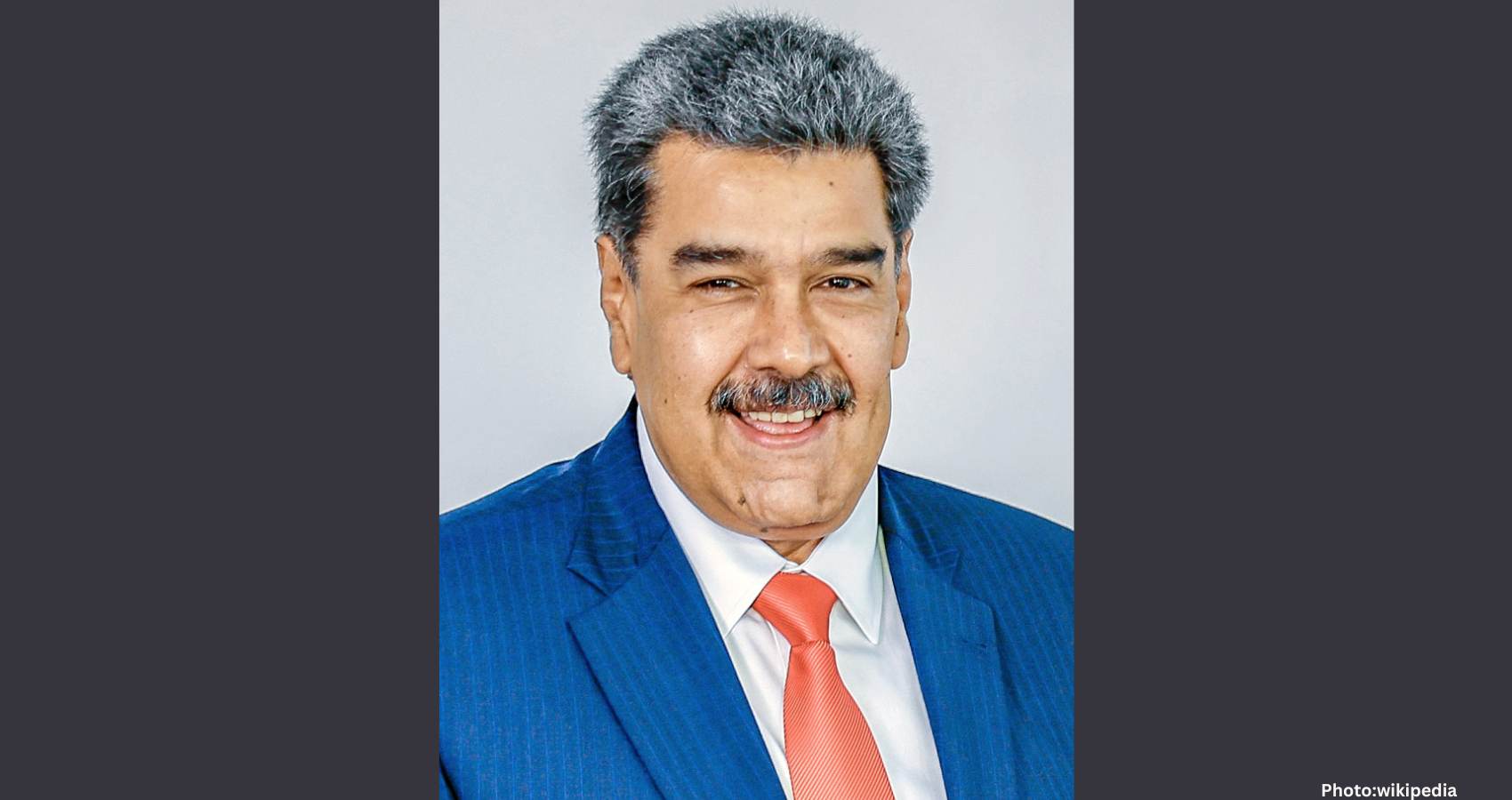As U.S. tensions rise, China deepens its economic ties with Venezuela, presenting a challenge to American influence in the region amid military posturing by Washington.
As President Donald Trump emphasizes a “zero tolerance” policy towards narco-states in the Americas, China is significantly increasing its economic presence in Venezuela. This move poses a high-stakes gamble that could soon clash with U.S. interests.
U.S. defense officials confirmed last month that an aircraft carrier strike group has entered the Southern Command region, which encompasses the Caribbean and northern South America. This deployment aims to monitor narcotrafficking routes associated with Venezuela’s military leadership. The Pentagon stated that the USS Gerald R. Ford, which carries over 4,000 sailors and numerous tactical aircraft, is tasked with enhancing the U.S. capacity to detect, monitor, and disrupt illicit activities. The mission’s overarching goal is to degrade and dismantle transnational criminal organizations.
In response to the U.S. military buildup, reports indicate that Venezuelan officers are training for guerrilla-style defense against a potential U.S. strike, reflecting a growing sense of anxiety within Caracas.
Amid these tensions, China has announced a “zero-tariff” trade agreement with Venezuela during the Shanghai Expo 2025. Deputy Minister for Foreign Trade Coromoto Godoy revealed that the agreement encompasses approximately 400 tariff categories, eliminating duties on goods exchanged between the two nations. While the specifics of the implementation remain to be confirmed, the intent is clear: China is rapidly integrating itself into a Venezuelan economy that has faced extensive sanctions from Washington.
Gordon Chang, an expert on China’s global trade strategy, remarked, “This really looks like China is going to completely take over the Venezuelan economy. It’s going to decimate Venezuela’s local industry.” He noted that Venezuela primarily exports petroleum to China, with little else to offer. “Venezuelan manufacturing is not going to experience a renaissance anytime soon; it’s going the opposite direction,” he added.
Chang further suggested that Maduro’s pivot toward Beijing is driven by concerns over Trump’s administration. “Maduro probably doesn’t have a choice,” he stated. “He realizes he’s got a problem in the form of Donald J. Trump. There’s a U.S. aircraft carrier not far from his shores, and a lot of military assets bearing down on him. He needs a friend, and he’s desperate.” He cautioned that while the zero-tariff pact may provide temporary relief, it ultimately deepens Venezuela’s reliance on China.
From China’s perspective, the tariff-free agreement opens a strategic and commercial gateway into the Western Hemisphere as the U.S. intensifies its sanctions. The Council on Foreign Relations estimates that China has extended around $60 billion in loans to Venezuela over the past two decades, much of which has been repaid through oil shipments. This figure continues to be cited by both Chinese and Venezuelan officials as recently as 2025.
Isaias Medina III, an Edward Mason Fellow at Harvard University and a former Venezuelan diplomat, explained that China has leveraged substantial loans and established satellite positioning and surveillance facilities to secure strategic control over Venezuela’s natural resources and critical infrastructure. He pointed to the El Sombrero satellite ground station in Venezuela’s Guárico province as a joint project that enhances China’s intelligence capabilities in Latin America.
Medina emphasized that the new trade pact is part of a broader anti-Western alignment. “Under the banner of so-called ‘21st Century Socialism,’ initiated by Hugo Chávez and expanded by Nicolás Maduro, the nation has evolved into a forward operating base for regimes openly hostile to the United States and its allies,” he stated. He highlighted the presence of Iran, Russia, China, and Cuba in Venezuela, using the country as a platform for asymmetric warfare and ideological expansion throughout Latin America.
He noted that Russia’s military involvement includes over $12 billion in arms sales and ongoing defense cooperation, while Cuban military advisers remain embedded within Venezuelan security institutions. Additionally, Iran has utilized this environment to establish terrorist proxies such as Hezbollah and Hamas, turning Venezuela into both a financial hub and a logistical corridor for their operations.
Medina criticized the Maduro government for replacing statecraft with criminal enterprise, stating, “Grand corruption is not the exception; it is the system.” He also pointed out the catastrophic humanitarian toll, with over 30% of Venezuela’s population forcibly displaced and starvation weaponized as a tool of social control, which constitutes a war crime under international law.
Despite the severity of these issues, many United Nations member states continue to recognize and engage with the Maduro regime, perpetuating its impunity. Medina warned that the failure to confront this crisis decisively allows a coalition of adversaries, both state and non-state actors, to project power dangerously close to U.S. territory.
Currently, Washington’s sanctions campaign continues to limit Venezuela’s oil lifelines. In March 2025, reports indicated that U.S. threats to impose tariffs on nations purchasing Venezuelan crude temporarily disrupted shipments to China. Beijing dismissed these measures as “illegal extraterritorial actions” and pledged to maintain cooperation, although it has not clarified how it will implement the new tariff-free agreement.
Chang concluded that the fundamental reality remains unchanged: China lacks the military capacity to protect Caracas from U.S. intervention. “It can certainly launch a propaganda blitz,” he said, “but it can’t project military force in the region. It’s really up to what President Trump does.” Medina echoed this sentiment, stating that the stakes extend beyond economics, as Venezuela has become a nexus for organized crime, drug trafficking, money laundering, and human rights violations, urging a comprehensive Western response.
Source: Original article

